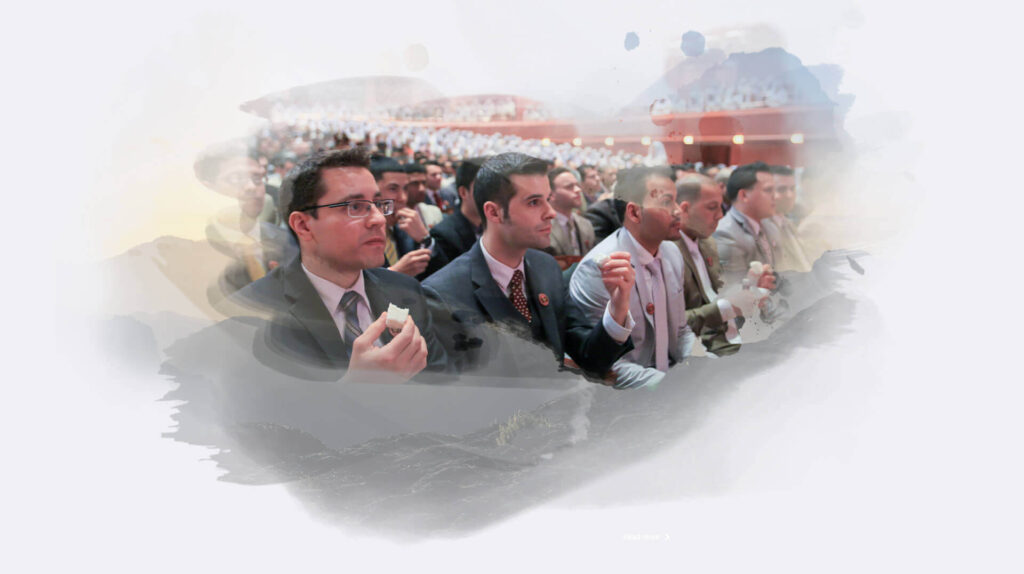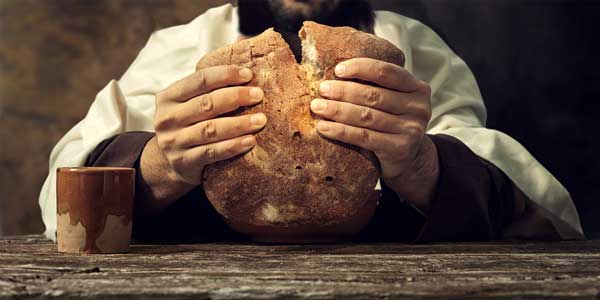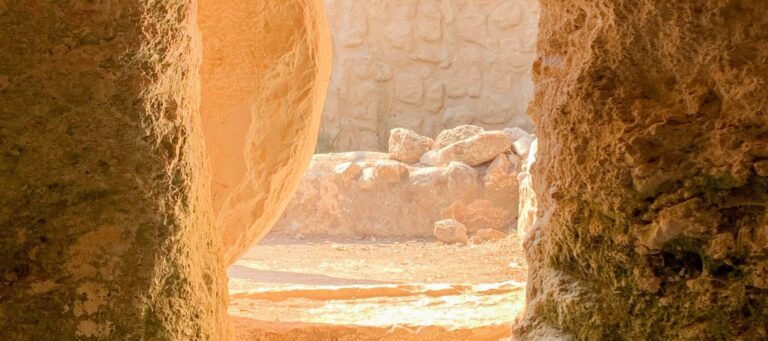Feasts of God
Sacred Assemblies
“‘These are the Lord’s appointed festivals, which you are to proclaim as sacred assemblies for bringing food offerings to the Lord—the burnt offerings and grain offerings, sacrifices and drink offerings required for each day.’”
Leviticus 23:37
“Three times a year all your men must appear before the Lord your God at the place he will choose: at the Festival of Unleavened Bread, the Festival of Weeks and the Festival of Tabernacles.”
Deuteronomy 16:16
Many believe the feasts no longer need to be kept because they should only be observed in the Old Testament times. However, the feasts show a unique prophetical relationship between Prophet Moses and the works of Jesus Christ when he came in the flesh. For this reason, Christ is seen keeping them throughout the New Testament (Mt 26:17–28, Lk 22:7–20, Acts 2:1–4, Jn 7:2, 37–39).
Those who keep the feasts will understand their meaning and receive infinite spiritual blessings according to the promises of Christ.
There are seven feasts in total, not including the weekly feast of the Sabbath. Each feast has a specific set time for worship, commemorative meaning, and blessing promised to God’s people. The World Mission Society Church of God is the only church today that keeps these feasts according to the original teachings of Jesus.
Unleavened Bread

Feasts of Weeks

Feast of Tabernacles








